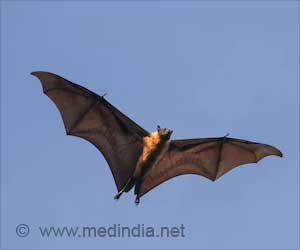British scientists say they have created a device that could detect malaria within minutes.
British scientists say they have created a device that could detect malaria within minutes.
This could come as a boon to travelers, many of whom rush to problem regions without taking adequate precautions against the disease. The flu-like malaria symptoms can be missed until the patient is critically ill.Malaria kills over a million people every year, but there is no vaccine, while parasites have developed resistance to most anti-malarial drugs.
In the device, crafted by scientists from Glasgow Universtiy, blood samples are placed in the microchip, which is designed to detect the strain of disease. This means the best drug can be used to treat it.
Last year a study revealed more cases of the most dangerous type of malaria than ever before are being brought back to the UK from trips abroad.
The Health Protection Agency study identified 6,753 cases of the human malaria parasite, Plasmodium falciparum, diagnosed between 2002 and 2006.
Experts said many of the cases arose from visits to West Africa made by people visiting relatives and friends.
Advertisement
"That will take a good microscopist a good hour to reach a diagnosis, it's extremely difficult to make that diagnosis accurately.
Advertisement
Research in her laboratory focuses on the human malaria parasite Plasmodium falciparum. Says Dr Lisa Ranford-Cartwright, “We are investigating the basic genetics of this organism in laboratory and field settings, with particular emphasis on sexual stage biology.
“We make extensive use of genetic crosses and linkage analysis to identify parasite genes contributing to complex parasite traits. For example, we are using genetic and cellular methods to study the interaction of the malaria parasite with its mosquito vector. We hope to identify the parasite gene(s) which may either trigger the mosquito defensive response, or allow the parasite to successfully establish infection in the mosquito.
“Other projects in the lab include studies on quantitation of parasite replication in the mosquito, to identify genetic factors which may affect parasite fitness, and the genetic control of sex differentiation in the sexual gametocyte stage.
“We also use genetic modification techniques to examine the role of different parasite genes in infection of mosquitoes, and we have collaborative projects to monitor antimalarial drug resistance using molecular markers, and to examine population genetics of malaria parasites,” Dr.Lisa adds.
Source-Medindia
GPL








